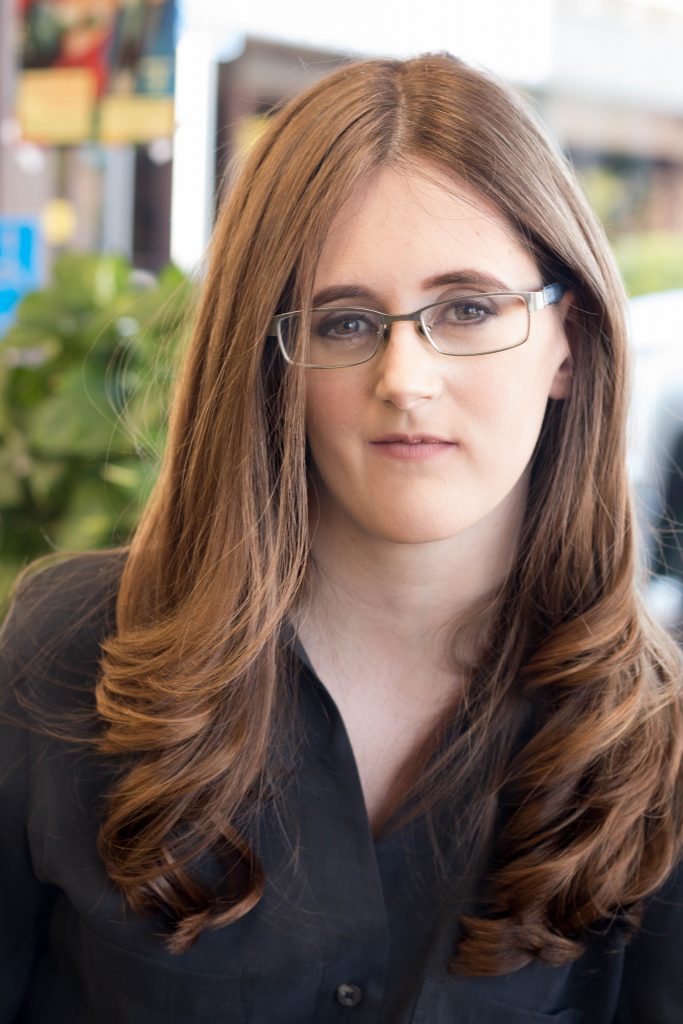By Marissa Dunham //
In today’s column, I review books on how to write poems.
Poetry can be exciting. Poetry can be strange. It can strike a nerve or say something we couldn’t say ourselves out loud. Poetry is a vehicle to our outer limits that’s been with humanity a long time.
Here in Orange County, you will find an active community of poets. You can attend the poetry reading and spoken word night at Bookman’s on the fourth Friday of the month (best to check ahead for any changes in scheduling) or head over to LibroMobile in Santa Ana for their news on poets. This last November of 2022, Anaheim poet laureate, Wendy Van Camp, featured local poets at a poetry tent in the back courtyard of the Anaheim Public Library for Indie Author Day. From spoken word to open mics, the Orange County community has a thriving poetry life if you know where to look.
POETRY FACTS
The five elements of poetry are rhyme, meter, theme, imagery, and alliteration. Poems can be divided into stanzas or not. It is up to the poet to find the poem they want to write.
These books will help you break into the genre, give you some history, or refine your craft.
Here are the five!
- The Art of Reading Poetry by Harold Bloom
Bloom has written the backbone of educational books on literature. It is no surprise then that this book often appears on the recommended resources list for those who want to learn poetry. The book is actually the first chapter from his larger anthology The Best Poems of the English Language and is roughly 82 pages. It is a short, but thorough literary walk through the art of poetry. The tone of the book is how you’d expect Bloom’s Yale lectures might go: quiet, sincere, and driving in their intensity. The book answers why and what is poetry and covers literary devices, the value of poetry and artistic expression, and some history. - The Essential Poet’s Glossary by Edward Hirsch
A good glossary is a writer or poetry editor’s best friend. Hirsch does an excellent job of balancing explanation, history, word origins, and examples with each entry in his glossary. The book is approximately 400 pages and has collected an essential list of terms for poets. - The Ode Less Travelled: Unlocking the Poet Within by Stephen Fry
Fry writes to an audience who may not have poetry in their daily lives. This inviting book is about 357 pages and is divided into four sections: Meter, Rhyme, Form (which reviews stanzas and other technical aspects of poetic structure), and Diction and Poetics Today. The journey of poetry in Fry’s book starts with its existence in emotions to its technical construction on the page. There are also writing exercises for you to write your first or twentieth poem. It’s a good book to have on hand. - A Poetry Handbook: A Prose Guide to Understanding and Writing Poetry by Mary Oliver
In Oliver’s Introduction, she writes: “This book is about the things that can be learned. It is about matters of craft, primarily,” and I could not say it better. This book from 1994, is a bit older, but it’s one of the most often recommended books on poetry craft and covers everything from Frost to meter that will inspire you to write. The paperback is roughly 130 pages. - A Poet’s Craft: A Comprehensive Guide to Making and Sharing Your Poetry by Annie Finch
This book for beginners is large with about 731 pages. What can be appreciated about this book is Finch’s practicality and respect for the art of writing poetry. There are practice exercises at the end of each section. The book includes terms, an anthology of poems, workshop advice, and experienced explanations from a well-versed teacher of poetry. It’s a good book to slow down and read through the material.
Marissa’s Take Practice Exercise: The Short Poem
Write a short poem of no more than 10 lines expressing how you feel in this moment.

MARISSA DUNHAM is a writer and freelance editor. She spent the early part of her career in educational publishing, but now spends most of her time editing literary fiction, magical realism, and middle grade fiction. She lives in Southern California, where she enjoys bringing new life into the world by planting tomatoes and flowers in the garden. You can find updates at marissadunham.com.

